Forty years after their career heyday, Martín and Norberto are walking in their front yard to dispose of the weasel they’ve just killed.
“They’re not vermin, they’re little critters,” Norberto philosophizes.
“One critter eats another, which eats another, and so on… and one meal at a time, you have the history of the world.”
“How philosophical of you,” smirks Martín, the screenwriter who penned several of the dysfunctional group’s films during their golden years. Martín wrote, Norberto directed, Pedro acted, and Mara starred. Mara is the centrifugal force that holds the group together—and the owner of the house in which they all live, along with her Oscar that sits on a podium in the foyer. Surrounding the award, the house is infested with “critters,” the electricity is spotty, and the humor is dry. Antique furniture clutters each room, bathed in warm, colorful light and shot at alternatingly off-kilter and strikingly symmetrical angles. Nestled in the countryside outside of Buenos Aires, the mansion is an artist’s refuge, a sort of time capsule, a gilded cage whose inhabitants are making no attempt at escape. The only exception is Mara, who finds herself forever on the opposing team in the group’s constant game of verbal swordplay.
Mara’s languish in her lost greatness is satirized by her housemates, and her retorts feel more bitter than anyone’s. But, as Norberto notes, their life is good.
“In movies there are no lives like ours, without problems…. It’s too boring, right? In a movie there has to be danger, a threat, a villain.”
“Who comes along just when everything seems fine,” finishes Martín.
“Exactly.” And right on cue, a car pulls into the deserted front lawn.
THE WEASEL’S TALE is a True Dark Comedy
The film cheekily taps the fourth wall but never quite breaks it, calling satirical yet fond attention to classic cinematic structures.
The golden age of Argentine cinema is a fifth resident of the dilapidated mansion, as Mara spends hours reminiscing in her screening room and the men tease each other with lines from scripts past.
THE WEASEL’S TALE is hilariously and unflinchingly self-aware, both of itself and of human nature—a true dark comedy, in this writer’s opinion. It is The Royal Tenenbaums meets Knives Out meets Grey Gardens; and, true to form, in the end there is a moral of the story. Anyone who can appreciate dry humor and a bit of satire will likely appreciate this film—and cinephiles may especially be drawn to the eccentric group.
HIGHLY RECOMMENDED
Nominate this for The Picture This Post BEST OF 2020???
Click Readers' Choice
Vote Securely! Vote Privately! And Make Your Vote Count-- as all voting should be!!
THE WEASEL’S TALE opens December 11 for in-person and virtual theater release—visit Outsider Pictures for more information
Run time: 129 minutes
Directed by Juan Jose Campanella
Cast: Graciela Borges, Oscar Martínez, Luis Brandoni, Marcos Mundstock, Clara Lago, Nicolás Francella
Images courtesy of THE WEASEL"S TALE

About the Author: Isabella Sturgis
Isabella Sturgis is a recent graduate of the University of Chicago, where she earned a B.A. in Psychology and Creative Writing. A lifelong fan of the arts—from film to ballet to literature—Isabella is continuously searching for her next favorite piece or production. She hopes to pursue a career in public relations, journalism, or publishing and, if she’s lucky, even publish a book of her own. In her free time, you can find her reading David Sedaris or listening to the Cats soundtrack.

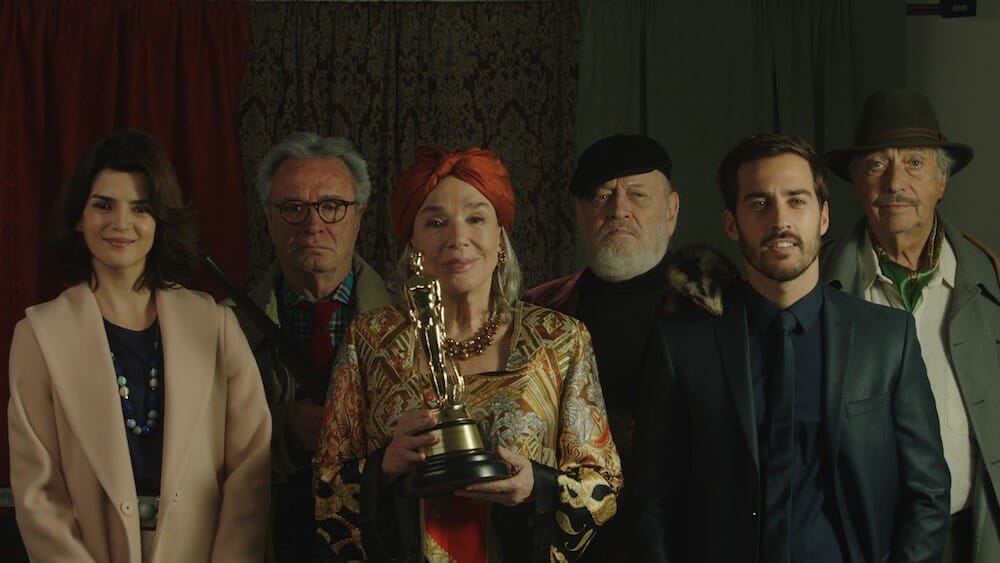
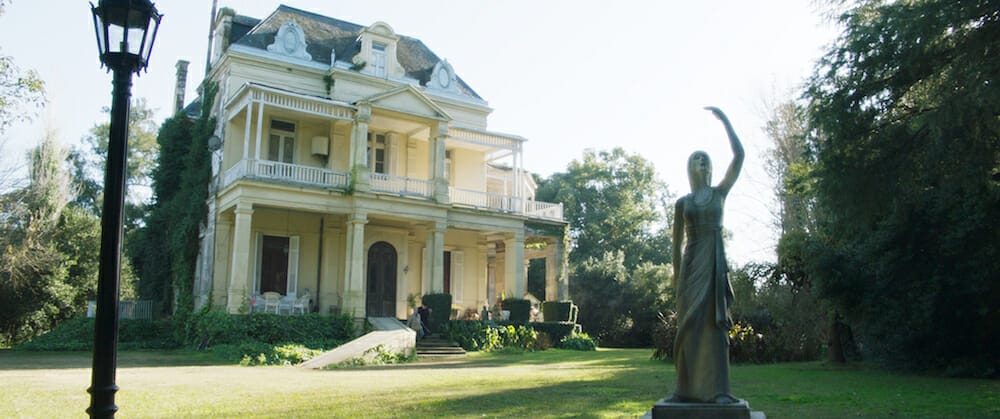
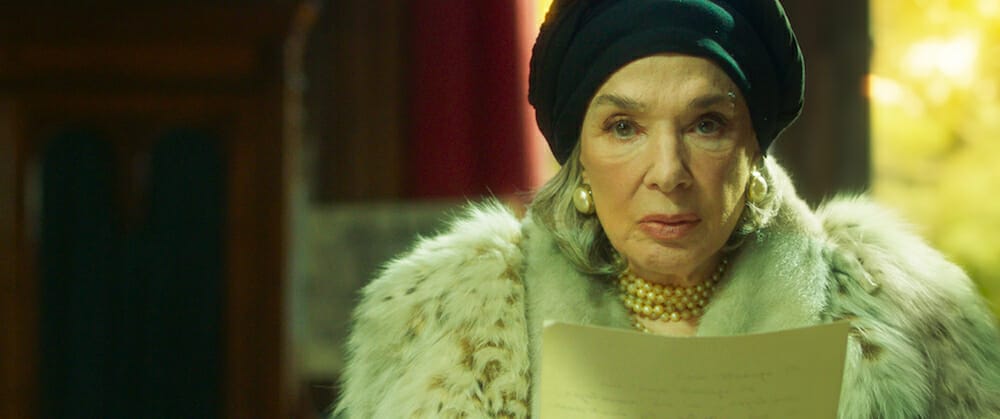
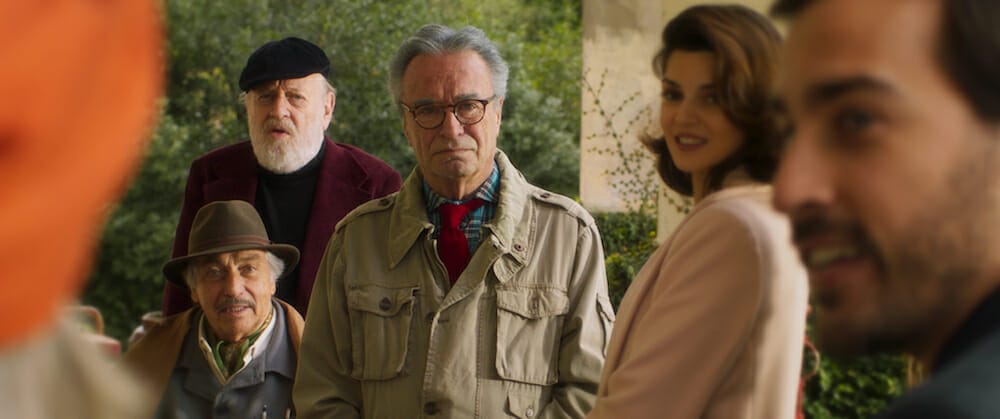

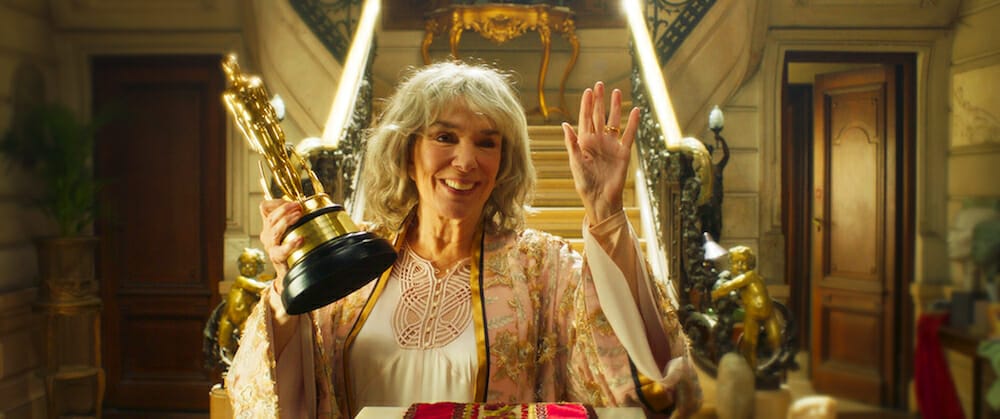


I retweeted this article.